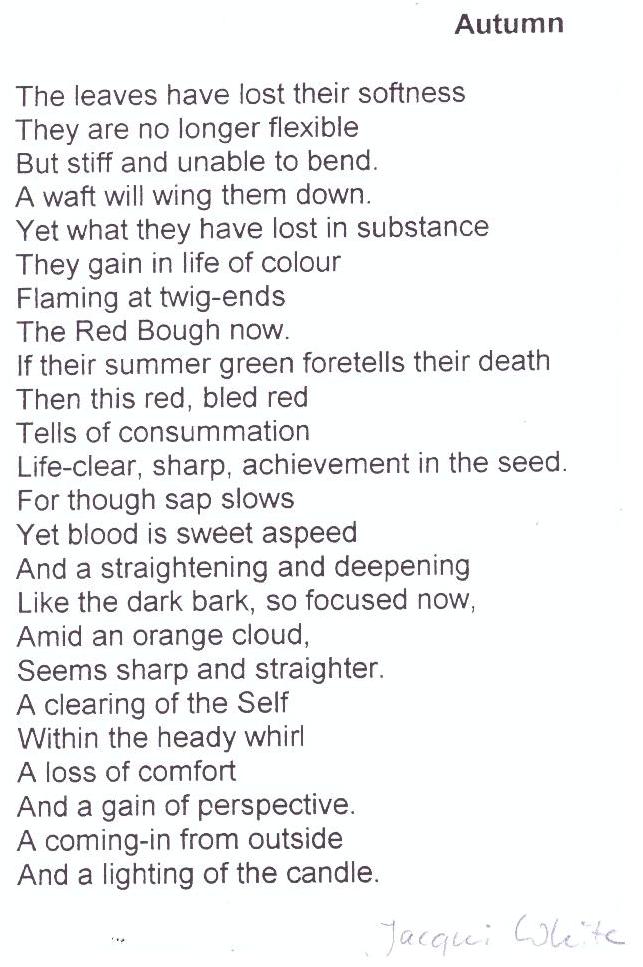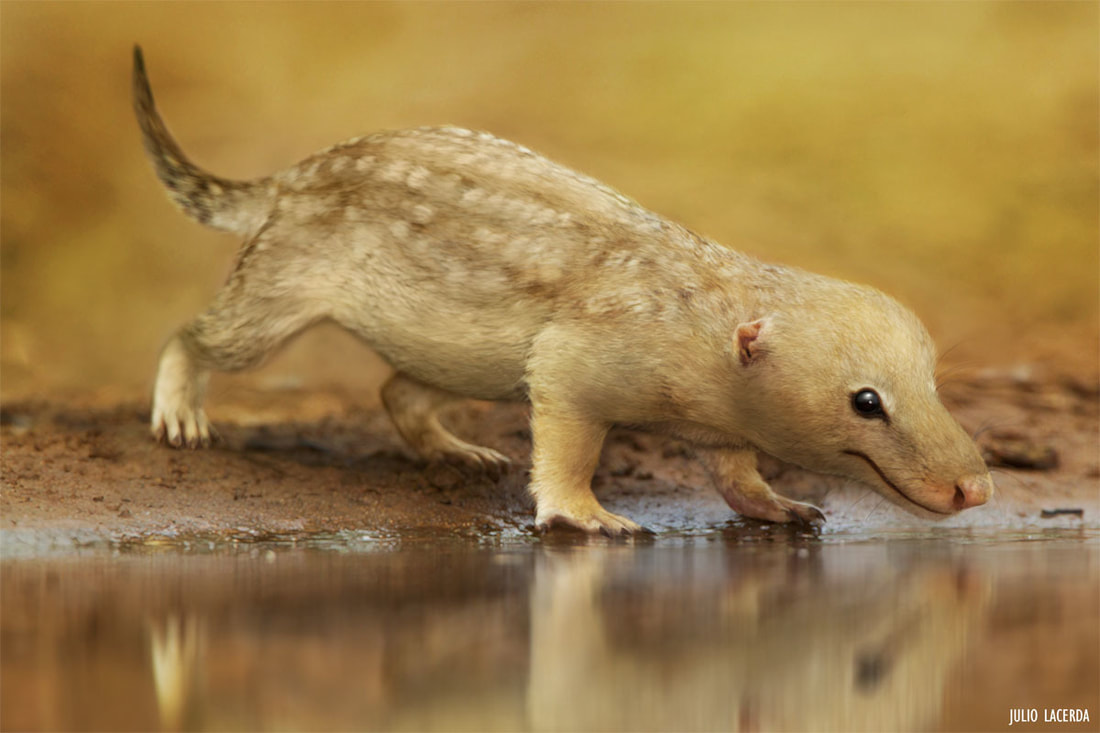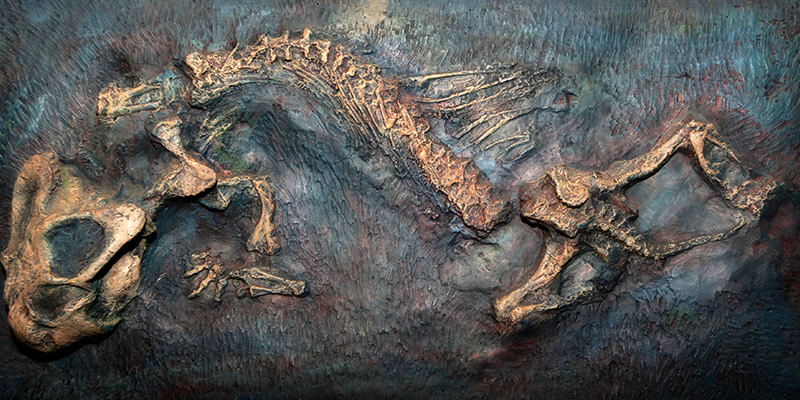|
by Basab Ghosh in Mythological Stories (Told by Rev. Michaël Merle to the children at the Ascension and Whitsun Festivals)
There is a bird that lays no eggs and has no young. It was here when the world began and is still living today, in a hidden, far away desert spot. It is the phoenix, the bird of fire. One day, when the world was still very young, the sun looked down and saw a magnificent bird. This bird was beautiful and had shimmering feathers. They were bright, red and gold in colour and shone like the sun itself! The beautiful bird dazzled the sun. “Glorious Phoenix bird, you shall be my bird and live forever! Live forever!” the sun called out. After hearing the sun, the Phoenix was overjoyed. It danced around in the sky among the clouds. “Glorious sun, from this day onwards, my songs shall be for you alone!” the beautiful Phoenix said. But the poor bird was not happy for long. It was so magnificent that everyone wanted to have a feather from it. All kinds of men, women, and children chased the Phoenix, attempting to trap it. The bird was incredibly upset so the Phoenix thought, “I shall fly away and go east. I shall fly to the land of the rising sun.” The Phoenix flew and flew. It flew for a very long time. At last, the Phoenix came to the desert. The desert was free from all humans. It flew freely in the desert, singing the praises of the sun above. The Phoenix was happy and peaceful in the desert. It spent its days flying and singing. Years passed and the Phoenix did not die. Almost five hundred years later, the Phoenix grew old and feeble. It could now soar high among the clouds nor could it sing as it used to. “I don’t want to live like this,” thought the old Phoenix, “I want to be young again. I want to fly and sing again.” So, the Phoenix sang, “Oh glorious sun, make me young and strong again.” The sun did not listen. The Phoenix sang and sang. Day after day the old phoenix sang to the sun. When the sun did not answer, the Phoenix decided to go back to the land it came from. There it would call out to the sun one more time. It flew across the desert, over hills, green valleys, and high mountains. The journey seemed to be tiring and long to the old Phoenix. Whenever the Phoenix stopped it would pick up some cinnamon barks and some fragrant herbs. It carried some in its claws and hid the rest in its feathers. Finally, the Phoenix reached its destination. There the Phoenix found a tall tree and set to building a nest there. It built the nest with the cinnamon barks and lined it with the herbs. Then the Phoenix flew to a nearby tree and collected some gum called myrrh. It made an egg out of the gum and carried it to. Now, everything was ready. So the Phoenix lifted its head and sang one last time, “Oh glorious sun, make me young and strong again.” This time, the sun heard the Phoenix sing. The sun swiftly chased the clouds and put the winds at rest and shone down the hillside with all its power. A blinding sight it was! All the animals ran back to their caves and hid away from the sun’s fierce rays. Only the Phoenix sat on its nest. It bathed in the sun’s light. Suddenly, there was flash and the Phoenix was surrounded by fire. The flames died out after a while but the Phoenix was nowhere to be seen. The tree and the nest were not burnt. All there was left was a silver-gray ash. Then the ash began to tremble and it started rising upwards. Slowly a young bird’s head popped out. It was very small and stretchy. But the bird grew as every minute passed by. Finally, the bird was itself again. The Phoenix had risen from the ashes. It lifted its neck and spread out its beautiful wings and soared high into the sky. The Phoenix picked up the ash and put in the egg. Then it closed the egg and flew away with it in its claws. It sang, “Sun, glorious sun, I shall sing my songs for you alone! Forever and ever!” When the song ended the wind began to blow again. All the birds came out of hiding. Birds of all kinds and sizes flew behind the Phoenix. “You are the greatest bird of all! You are our king!” they sang together. The Phoenix and the birds flew towards the city of sun, to the temple of the sun, the Egyptians had made. There the Phoenix placed the egg at the altar. “And now I must fly alone,” said the Phoenix and flew to a faraway desert. The Phoenix lives there still. But in every five hundred years, when it grows weak it returns and builds a nest with fragrant herbs. It sings to the sun again and is surrounded by flames. And each time it rises from its own ashes young and strong.
0 Comments
by Jacqui White The immense and far
Knowledge as of a tree more ancient than its granite The knowledge of blanketed tribesmen, silent in deserts. Locked in a mute oath you gaze at me Comprehending the all Knowing the nothing but understanding not how to pass the sugar or hold a cup. You, alone. Is this the look of an idiot? Or the desperate, ragged glance of a traveller in the kingdoms of the sky. I ask as I look, your impenetrable cloud of pain cloaking your rigid shoulders. The answer silences the chit-chat at tea. by Jacqui White
What I am after, oh what I am After Is the flight, the flight of the Michaelmas hills with their wings of shadows and lights and the long, slow slow gliding of hawks and of eagles and the long long wing, the blue melting wing of the hill, and the consecration of dawn The magenta of dawn. And the blesbuck’s small horns as she slightly so slightly, flowering face, dips a delicate dip of the delicate neck I heard the grass she plucked. I heard the bending stems of the long grass slide as she plucked with the sensitive, quick dip of the neck and the hawk swung on the wing in the air close to my hair. Oh what I am after the Michaelmas hills the Michaelmas hills and the cupped blue stars with their daisy silence long ages long, that slight petalled stillness, strong and the Michaelmas-white flowers, flaring at my feet The Michael flowers radiant. by Jane Fox (May 2020)
Johannesburg Autumnal 2020 twang of racquets yellow shuttlecock flying Sirius leaping piggyinthemiddle leaping and shouting from the tattered pink couch on my back stoep I watch them trying to make him sit trees secretly shake themselves a small slow rain amber russet tawny gold falls through the still air car races past driver revving like a maniac peace shot to pieces every day same time sets the hadedas going sets them flapping and screaming for safety for a moment all is riot and anarchy I lift tea to mouth tea to mouth notice the frayed sleeve of my old anorak comforting passers-by on the road a Mum a Dad a pushchair and two small dogs on leads in hackled fury Sirius and Harry bolt for the fence “MARAUDERSFOREIGNERSVANDALSRAPISTSTHIEVES” the walkers go serenely on their dogs know how to behave small breeze founders the shuttlecock sun sinks lower behind the western ridge I gather up mug and cushion prepare to go inside woodsmoke drifts up from the valley they are lighting fires down by the river all day they have been queueing for food parcels it will be a cold night Venus shines out silver in a pink sky must go inside now by Jan Lampen
I stand Between Dragon and man Divine Between life and death A blue feather in my hand Resilience in my breath My head a crown My heart a rose Beneath my feet the ashes Of our Fathers As we track through space On the old turtle’s back as an Eastertide greeting by Shirley Marais (Higgins)
the leaves pinnate odd or even no alternate compound certainly alternate and pinnately compound and serrated toothed feather-formed some say the fanciful the leaflets arranged alternately around the petiole the stalk that joins the leaflets to the stem and the in-breath where the leaves end before the sepals begin and the sepals themselves those five brothers who hold the consummate red roses are shrubs climbing or trailing the stems of which are usually armed copiously with prickles commonly known as thorns oh never mind and never mind the thorns it’s the fragrance saturation of light and form and colour that aches the heart give me the aching colour the star-shaped scent that speaks in the deep heart my brother give me the starry fragrance that aches on the in-breath and awakens my heart’s deep sun so for a moment I can feel I am a brother of the heavens and of the earth
All that we have Is capable of higher transformation To Spirit Self The hatred we had and found as others hardened To us can be as cider - 'suck it up' So shows the outer world by inner pain a path of kindness The softness of she, or he, who loved us so tenderly Will be with me forever as a gift A faculty, but can be more than that Allowed to leave us in its flight Aflame forever in its own true freedom Our inner lover toddles to its feet Unsteady, fumbling yet, but ready for the next step 'I am I In InI we meet'. Note: A legacy of slave days, colloquial Jamaican speech used 'me' where standard English uses 'I'; slaves had been taught to see themselves as objects rather than subjects even in their own speech. The Rastafarian movement, realising this, began using 'I' in every possible context. In particular Rastas use 'InI' (i.e. I and I) where English uses 'we', a coining that shows exactly the relationship of the humans we are seeking to grow into, in the age of the consciousness soul. Published in Perspectives December 2018 - February 2019.
Presented to Yvonne Bester by her brother Charlie at Ballito on the 16th July 2009 This is the true joy of life, to be used for a purpose;
Recognized by yourself to be a mighty one. To be a force of nature, instead of a feverish, Little clod; Forever complaining, that the world Won’t devote itself to making you happy. It is my belief that my life belongs to the community And that I must do whatever I can to make it happy. When I die I want to be used up, because The more I work the more I live. I love life for its own sake. To me life is not a flickering candle, but a bright shining Light, to be held up high and made to shine as brightly As possible, until I hand it on to the next generation. Mission statement of George Bernard Shaw |
Titles
All
|


